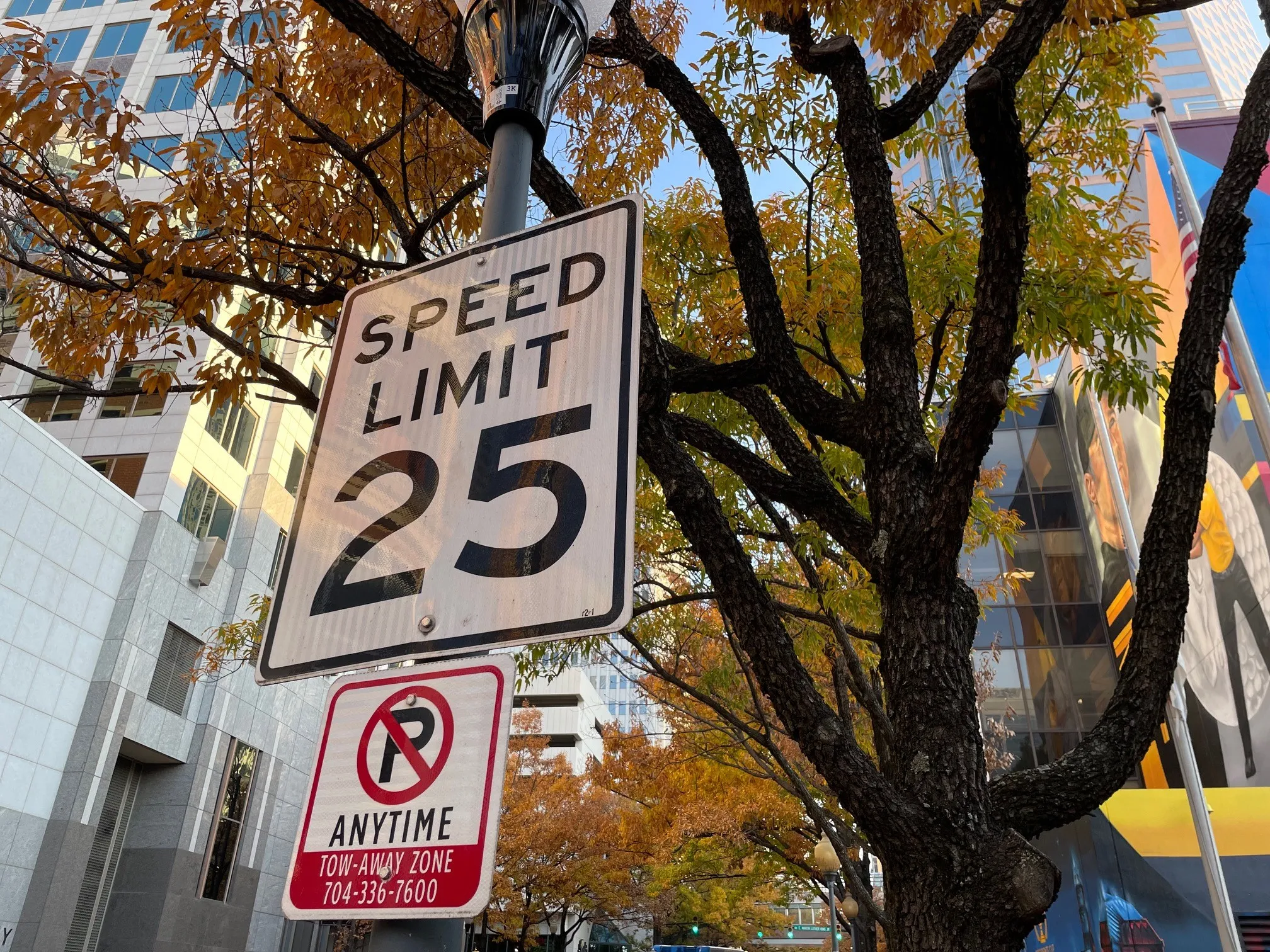The vision of Austria’s transport experts of implementing a comprehensive integrated transport network is about to become a reality with Traffic Information Austria (VAO).
Launched at the
From road networks and public transport lanes to parking facilities and cycle paths, all traffic-relevant information will be collected and stored by the new information platform. The core component of VAO is a public database, the Graph Integration Platform (GIP), which enables the different partners to maintain and share the content of partial networks. The system will enable planners to develop an integrated transport network; reliable, high quality data provided by the relevant authorities will keep it up-to-date.
Maintaining an accurate road graph is important as the basis for transport and infrastructure management. Each authority will input their own data, ensuring travellers are provided with high quality up to date information.
In addition, the project enables cross-border expansion, meeting the requirements of EU guidelines on the development of a European geodata infrastructure.
"For the first time, it is possible to create an integrated data platform offering inter-modal travel information service for all of Austria with consistently high quality - from motorways to public transport and from cycle paths to the tiniest footpaths," summarises Ing Mag Bernd Datler, managing director of ASFINAG, which is project managing the venture.
Hans Fiby, head of the ITS Vienna Region, says: "The implementation of a nationwide traffic information service for Austria is a major challenge, especially in view of the very ambitious schedule. We have therefore selected providers who are able to meet our high expectations in terms of quality and expertise required for the implementation of our project that is based on cutting-edge technology.”









